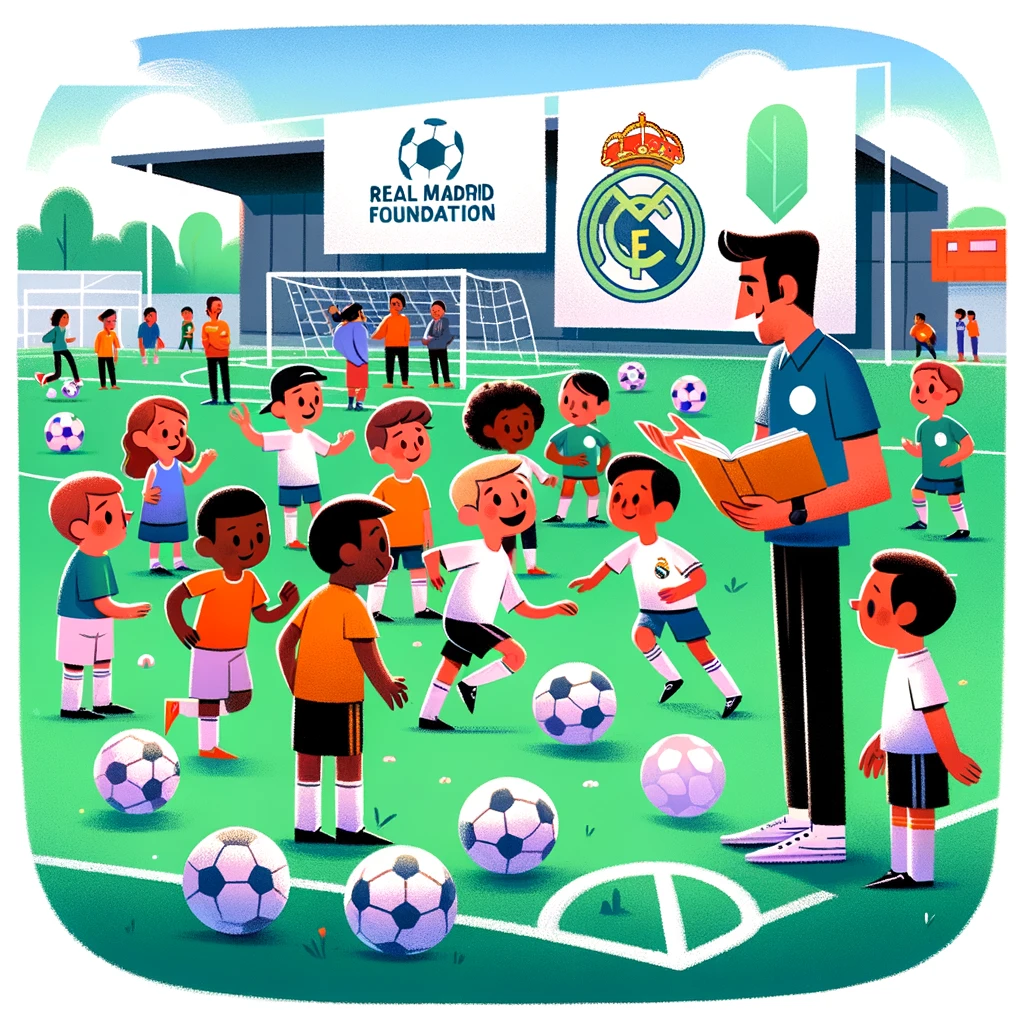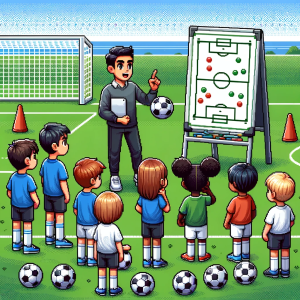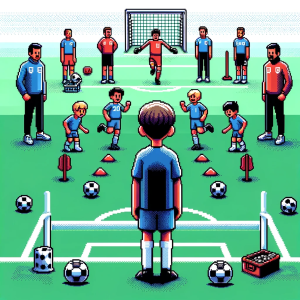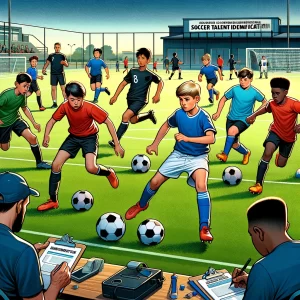
Education and Soccer: Real Madrid Foundation’s Approach to Coaching and Player Development
When it comes to youth soccer coaching and player development, a study conducted by the Real Madrid Foundation (RMF) has opened new frontiers. Titled “Acquisition of educational values at the Real Madrid Foundation’s social-sports schools,” this study explores the integration of educational values in soccer coaching across different cultural contexts, revealing critical insights for coaches, players, and soccer enthusiasts in the United States.
Understanding RMF’s Impact on Youth Soccer
The Global Reach and Diverse Impact
The RMF’s study reveals its significant global footprint, impacting young soccer enthusiasts in Italy, Romania, Spain, and the United Kingdom. This section of the study particularly underscores the differing cultural contexts and their influence on the assimilation of educational values in soccer training. For example, the manner in which personal success and teamwork are interpreted and valued can differ vastly from Spain to Romania, underscoring the intricate relationship between culture and sports education.
The Varied Increase in Values
Each of these countries reported growth in essential values, but the nature and extent of this growth were as varied as the cultures themselves. In Italy and the UK, there was a notable increase in personal and team success, while Romania showed significant strides in personal and group superiority. This variation points to a fascinating intersection of cultural norms and sporting values, suggesting that coaching strategies effective in one region might need significant adjustments in another.
The RMF Model: A Comprehensive Approach
Centralizing Educational Values
At the heart of the RMF model is the emphasis on educational values. Unlike traditional coaching models that primarily focus on physical skills and tactics, RMF integrates values such as respect, teamwork, and personal growth into the core of its training methodology. This approach doesn’t just aim to produce skilled soccer players but well-rounded individuals who value teamwork, respect their peers, and strive for personal development.
Promoting Inclusion and Family Involvement
One of the most striking aspects of the RMF model is its commitment to inclusion.
This model ensures that no child is left out due to their skill level, gender, or disability. This inclusive approach is coupled with the active involvement of families in the sporting journey of their children, fostering a supportive and holistic development environment.
Adapting Soccer to Developmental Stages
Recognizing that children at different ages have varying physical, emotional, and cognitive needs, the RMF model tailors the rules and format of soccer to align with these developmental stages. This adaptive approach ensures that children are engaged in a manner that is both age-appropriate and conducive to their overall growth.
Implications
The study’s implications for soccer coaching in America are vast and multi-dimensional. It suggests that an education-centric approach, much like RMF’s model, can significantly benefit young soccer players. By focusing on values such as teamwork, respect, and personal growth, coaches can cultivate not only better athletes but also more rounded individuals.
Moreover, the research underscores the importance of cultural sensitivity in coaching. The variation in the impact of RMF’s program across different countries illustrates that what works in one cultural context might not necessarily translate directly to another. This insight is crucial for American coaches who often work with diverse groups of young athletes, each bringing their unique cultural background to the field.
For player development, the RMF study shows that focusing on personal and team success, health, and fitness while fostering a peaceful and respectful environment can lead to substantial improvements in young players’ skill levels and overall well-being. These findings advocate for a more holistic approach to soccer training, where physical skills are taught alongside values and life skills.
And?
By embracing educational values and cultural sensitivities, coaches in America can unlock the full potential of their young athletes, fostering not only soccer skills but also essential life values.
As soccer continues to grow in popularity across the United States, this study offers valuable insights and strategies that can help shape the sport’s future. Coaches, parents, and players alike would do well to delve into this research and embrace its findings, paving the way for a new era of soccer that champions both skill and character.
Step into the forefront of soccer innovation with ‘This Week in Soccer’.
Our newsletter is more than just words; it’s an interactive journey through the complexities of soccer analytics and strategy. Whether you’re a coach, educator, or enthusiast, our content is designed to spark curiosity and enhance your understanding. Subscribe today and be part of a community pushing the boundaries of soccer education.



